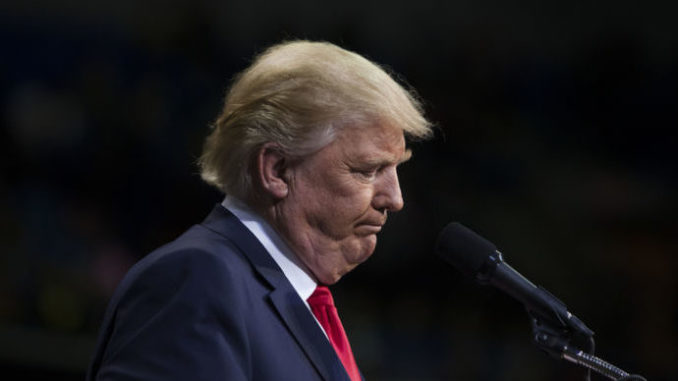
When Donald Trump shook the corridors of diplomatic Washington last week with a phone call from Taiwan, it may have jogged some old memories about Quemoy and Matsu.
Those are the two island groups which Beijing and Taipei have been fighting over for more than half a century, but never as bitterly as when actual exchanges of gunfire killed more than 1,000 people from both sides in the 1950s.
The hostilities prompted the US navy to mount a show of force in the Taiwan Straits and drew presidential candidates John F Kennedy and Richard Nixon to debate at length who would be tougher in defending Taiwan from a communist invasion of the islands.
Over the years Taiwan has retained physical control over the islands, regardless of Beijing’s claims to them.
Decades later, Taiwan has become an international orphan, recognised officially by only a handful of countries, not including the US. Washington broke off diplomatic relations as Republican President Ronald Reagan subscribed to the “one China” policy initiated by Nixon.
But in reaction to the consternation over his phone call to Taiwan’s President Tsai Ing-wen, breaking 37 years of protocol, Trump observed that the US still sells plenty of arms to her country.
It may see the People’s Republic as a constant threat but also happens to be Taiwan’s biggest trade partner and source of tourism dollars.
Whether Trump’s exchange of compliments with Tsai was off-the-cuff or a well-considered signal to mainland China, the prospect of a change in US policy should be prompting closer attention.
The Obama administration expressed displeasure when Tsai’s DPP party , which reassumed power this year, first shifted its position to formal independence for Taiwan – explained as “each side [of the Straits] is one country”.
The Republican Party platform adopted for this election offered the Taipei government encouragement, saying the US will help Taiwan defend itself if Beijing breaches the status quo in the straits.
Along with his threats to retaliate on the trade front against China – accusing it of “raping” American factory workers – Trump invites lots of questions about his Asia agenda, if he actually has one yet.
His choice of secretary of state may provide some clues, especially as his field of candidates has reportedly expanded to include former ambassador to Beijing and Utah governor Jon Huntsman – a Mandarin speaker.
Huntsman says Taiwan might prove “a useful leverage point” in dealing with China.
How China responds to such leverage may be among the first overseas challenges to the new man in the White House.
Source: Today.ng